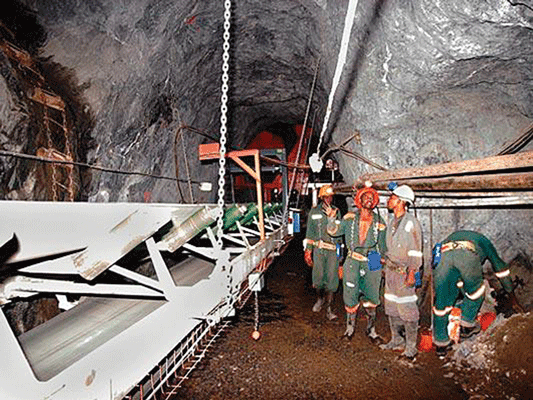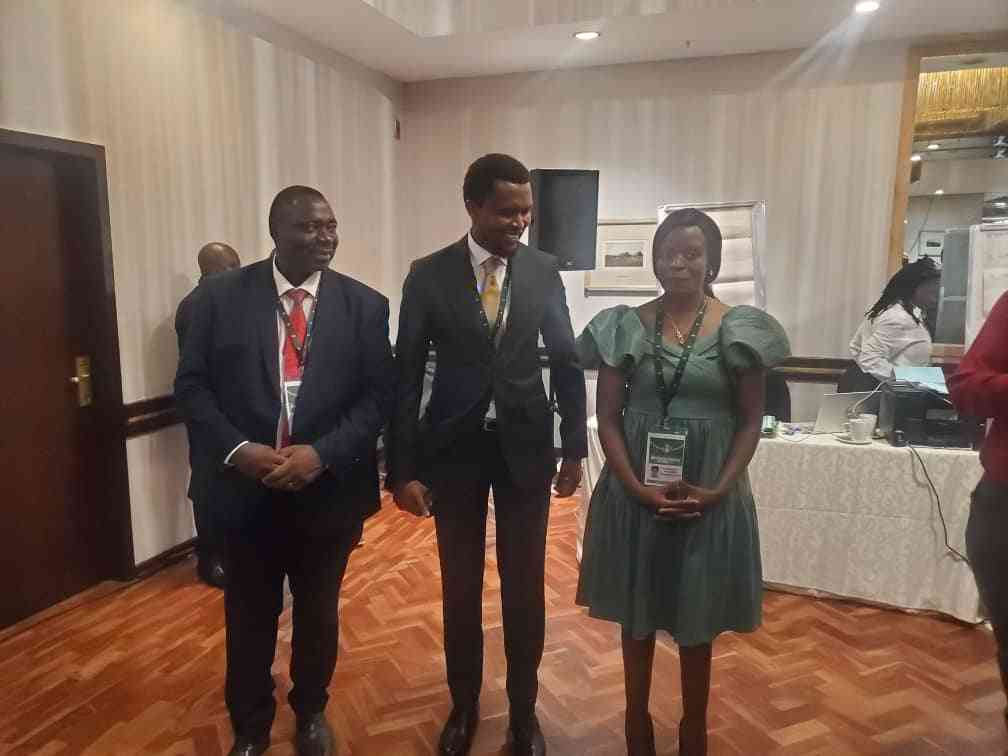
BY MTHANDAZO NYONI
GWANDA-BASED mining concern Blanket Mine has spent approximately US$3 million on capital equipment to mitigate the problems arising from the poor electricity supply in the country, the company management has said.
In its latest management analysis report, Caledonia Mining Corporation which controls Blanket, said its unit in Gwanda had suffered from frequent and prolonged power outages due to load shedding.
“Since January 2018, Blanket has suffered 328 low voltage occurrences which have required the use of the diesel generators; low voltage occurrences in conjunction with load shedding have resulted in over 11 000 hours of genset use, consuming over 2,5 million litres of diesel at a cost of approximately US$2,5 million,” the company said.
“In addition, Blanket has spent approximately US$3 million on capital equipment to mitigate the problems arising from the poor electricity supply. The unreliability of Blanket’s grid-supplied electricity is identified as a strategic risk to the business.”
Blanket currently derives approximately 87% of its electrical power from the grid and the balance from diesel generators.
In a bid to offset power outages, Caledonia last year initiated a tender process for a solar project to reduce Blanket’s reliance on grid power.
Proposals were solicited on an EPC basis, that is a contractor builds a solar plant which is owned and operated by Caledonia and on a IPP basis, that is a third party builds, owns and operates the solar plant and the resultant power is sold to Blanket by the third party.
- Chamisa under fire over US$120K donation
- Mavhunga puts DeMbare into Chibuku quarterfinals
- Pension funds bet on Cabora Bassa oilfields
- Councils defy govt fire tender directive
Keep Reading
After consideration, Caledonia opted to pursue the EPC route which entails the construction of a 12MWac solar plant at a cost of approximately US$12 million.
The plant will be a 100% dedicated supply line to Blanket with no connection for any surplus power generated by the plant to feed into the grid although this may be considered at a later stage for any subsequent stage to the project, the company said.
The plant is expected to provide all of Blanket’s minimum electricity demand during daylight hours; Blanket will continue to rely on the grid and generators to provide additional power during daylight hours and at night.
“It is estimated that the solar plant will provide approximately 27% of Blanket’s total daily electricity requirement with the balance from a combination of grid supply and diesel generators,” the report says.
Caledonia said the 40-hectare site for the project has been cleared and fenced and is ready for civil work to commence.
“Caledonia has already obtained the necessary licences and permits for the project; and contracts between Caledonia and the various other parties are currently being negotiated.” “Assuming the current restrictions on the transport of equipment and personnel due to the COVID-19 pandemic are relaxed by the time we are in a position to commence substantive work, we expect the solar project should be operational by mid-2021,” it said.
Caledonia said the decision to implement a partial solar project is primarily intended to protect Blanket’s operations from any further deterioration in the electricity supply which could have severe economic implications due to lost production and increased costs.











